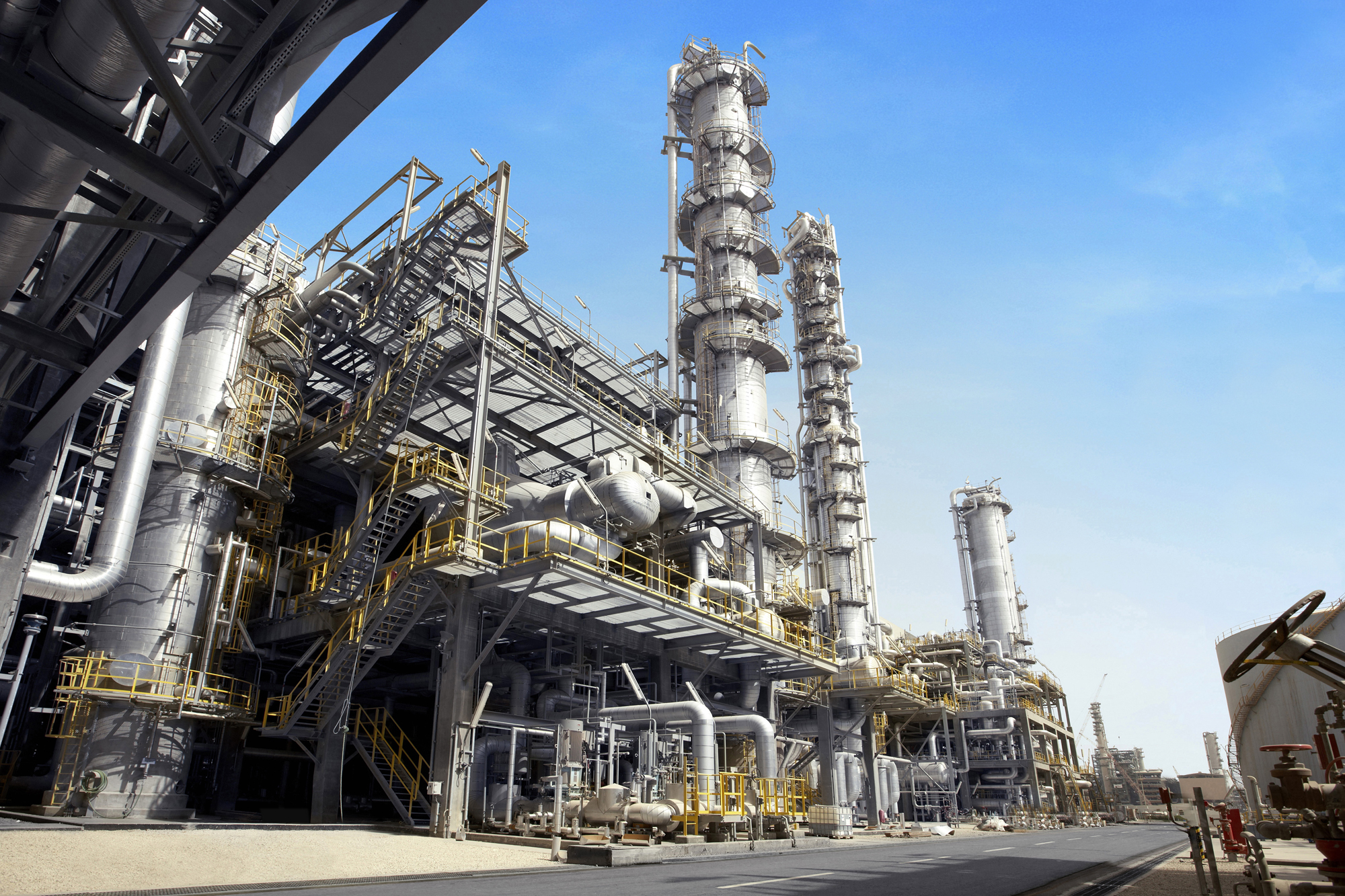The global petrochemical industry plays a critical role in our everyday lives. It is responsible for producing a wide range of chemical products derived from petroleum and natural gas. However, the industry also generates a substantial amount of waste, which presents both environmental challenges and valuable opportunities.
Understanding Petrochemicals
Petrochemicals are chemical compounds derived from hydrocarbons found in crude oil and natural gas. These compounds are the building blocks for various products, such as plastics, fibers, rubber, dyes, solvents, pharmaceuticals, beauty products, and more. Petrochemicals have become an essential part of modern society, and their demand continues to rise.
However, the production and consumption of petrochemicals are not without their downsides. The industry has a significant environmental impact due to greenhouse gas emissions and the generation of hazardous waste materials.
Challenges and Opportunities of Waste-to-Value Initiatives
To address the environmental concerns associated with petrochemical production, waste-to-value initiatives have gained traction. These initiatives aim to maximize the value extracted from petrochemical waste by converting it into useful products, minimizing dependency on virgin materials, and reducing the overall environmental footprint of the industry.
Implementing waste-to-value initiatives comes with its challenges. Petrochemical waste often consists of complex mixtures that require advanced technologies and processes to convert into usable forms. Additionally, scaling up these initiatives to meet the industry’s needs can be both technically and economically challenging.
Nonetheless, waste-to-value initiatives offer significant opportunities for the petrochemical industry and the environment. By transforming waste into valuable resources, these initiatives contribute to a more sustainable and circular economy. They reduce the reliance on fossil fuel reserves, conserve energy, lower greenhouse gas emissions, and mitigate the impact of petrochemical waste on landfills and water bodies.
Examples of Waste-to-Value Initiatives
Several waste-to-value initiatives are already making a difference in the petrochemical industry. Some examples include:
-
Recycling Plastic Waste:
Plastic waste, a major pollution concern, can be recycled to generate new plastic products. Different technologies, such as mechanical recycling, chemical recycling, and feedstock recycling, are being employed to convert plastic waste into high-quality resins, fibers, and other materials.
-
Advanced Pyrolysis Technologies:
Pyrolysis is an innovative technique that thermally decomposes organic waste at high temperatures in the absence of oxygen. It can convert a wide range of petrochemical waste, such as tires, into valuable products like carbon black, pyrolysis oil, and syngas.
-
Using Waste as Chemical Feedstock:
Petrochemical waste can serve as a feedstock for the production of chemicals and fuels. Advanced conversion processes, such as gasification and catalytic cracking, are employed to transform waste materials into usable chemical intermediates, reducing the need for virgin materials.
The Path Towards a Sustainable Petrochemical Industry
As the demand for petrochemicals continues to rise, waste-to-value initiatives offer a viable path towards sustainability. By investing in research and development, technological advancements, and regulatory support, the industry can gradually reduce its environmental impact while promoting circular economy practices.
Collaboration between governments, academia, and industry stakeholders is crucial for the success of waste-to-value initiatives. Governments can provide incentives and create policies that encourage the adoption of sustainable practices, while academia and research institutions can develop innovative solutions. Industry stakeholders, including petrochemical companies, can actively invest in waste-to-value projects and create partnerships to address common challenges.
By embracing waste-to-value initiatives, the petrochemical industry has an opportunity to redefine its role in promoting a greener and more sustainable future. With concerted efforts and a commitment to advancing technology, the industry can minimize its environmental impact and continue providing essential materials for our modern society.





